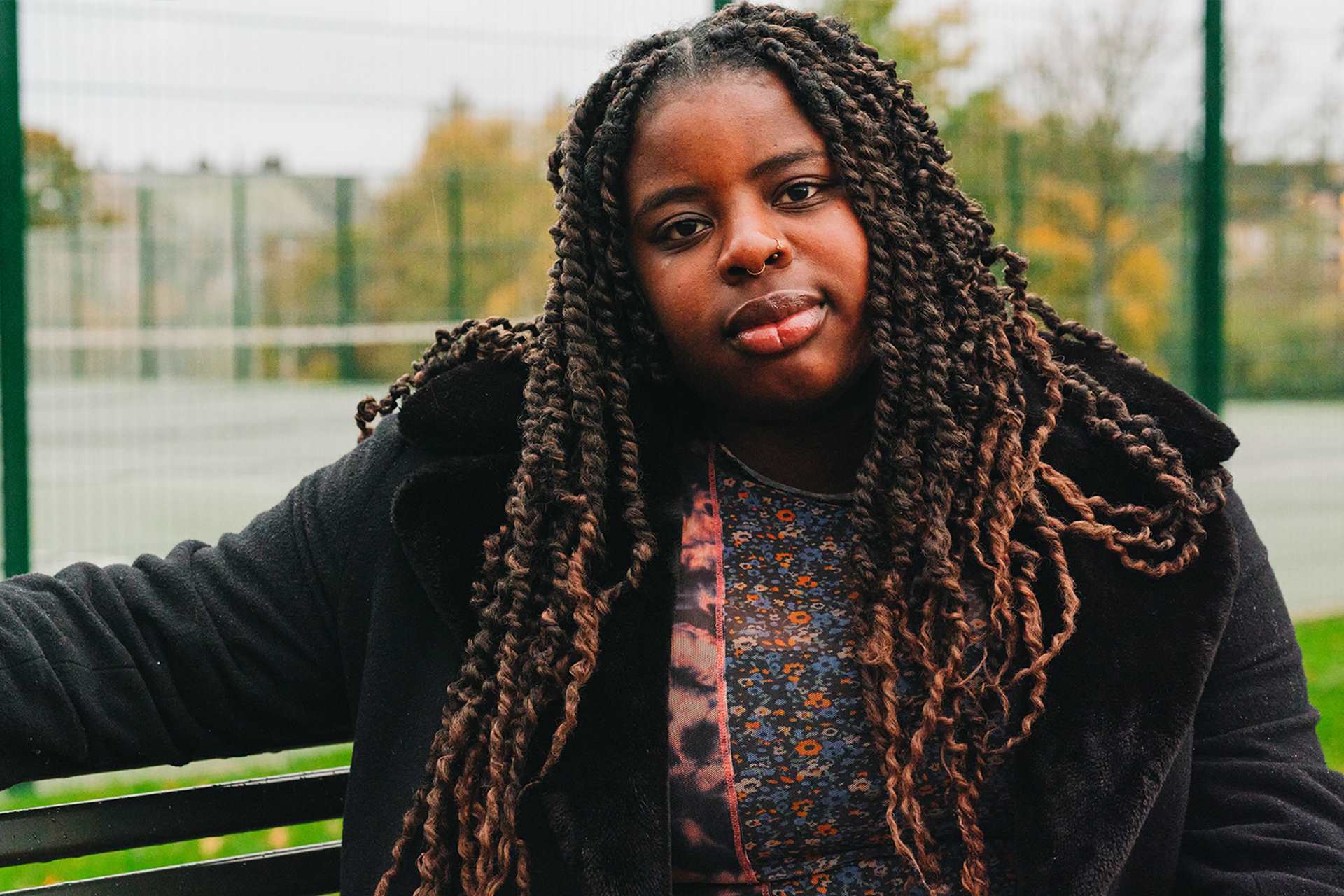Topics mentioned: reaching out for help, feeling down and unable to cope
About: Reaching out for help can be really daunting, but it can also be incredibly valuable if you're struggling with your mental health. Seren shares her experience of calling a mental health helpline.
My first call to a helpline
The first time I rang a mental health helpline, I was 13 years old.
I’d just moved across the country and started at a new school. A lot was happening with my family, and I was living in a brand-new city with someone I’d never even met before. It was a lot for anyone to cope with, and I remember one day locking myself in the bathroom and breaking down. I didn’t feel like I had anyone around me who could help, so I braved a phone call to someone I’d never spoken to before: Samaritans.
I can’t remember too much about the call, but I do remember that I had never felt so heard and understood until that moment. I was bawling my eyes out, and the person on the end of the phone was warm, kind and patient. They lifted an enormous weight off me simply by being there for me in my moment of crisis.
I can’t remember too much about the call, but I do remember that I had never felt so heard and understood until that moment.
Learning to talk about my feelings
Until that call, I wasn’t sure how to talk about my feelings. I was young, going through tremendous environmental change, and beginning to go through puberty. So much was going on and I didn’t understand what was going on in my head, which made me feel confused and ashamed.
Talking to the Samaritan felt like letting air out of a balloon. There was a flood of relief as they gave me space to offload, and it meant the world to hear them comment on how brave I had been to call in and talk it through with them. They asked open questions without prying, and it helped me to make connections about the past, my present situation, and my consequent feelings, that I hadn’t considered before.
I’ve spoken to them a few times over the years, over phone, text, and email. It always takes courage for me to ring them, but I personally find it has the biggest impact in helping me, compared to the text or email service.
They asked open questions without prying, and it helped me to make connections about the past, my present situation, and my consequent feelings, that I hadn’t considered before.
From caller to volunteer
I’m not sure I could have got through my crises without the Samaritans, and I’ll always be grateful for them. For years I’ve wanted to give back through volunteering, but I worried how I would cope with someone crying down the phone to me. As I have various disabilities, I was also daunted by traveling and making solid commitments when I could be sick or tired at the drop of a hat.
When I found Shout, a text messenger service where people can text for 24/7 help, I knew I’d discovered the perfect role for me.
With Shout, I can help people in crisis from the comfort of my own home. I can sign up for a shift 15 minutes before it starts, and I don’t have to travel anywhere! There’s also more of a detachment between you and your texter as you talk over text, rather than the phone.
It means so much to me that someone is trusting me with their crisis, and I take that trust really seriously. I’ve been there before, and I want them to know that they’re not alone.
When people text in, they’re at their most vulnerable. It means so much to me that someone is trusting me with their crisis, and I take that trust really seriously. I’ve been there before, and I want them to know that they’re not alone. It’s an honour to work with Shout, and with the texters that place their trust in us.
Mental health support lines can be lifesaving. I know my experience of them have been.
More information and advice
We have tips and advice to help you find the support you need. Take a look at our guides.
Where to get help
However you're feeling, there are people who can help you if you are struggling. Here are some services that can support you.
-
Samaritans
Whatever you're going through, you can contact the Samaritans for support. N.B. This is a listening service and does not offer advice or intervention.
- Opening times:
- 24/7
-
Childline
If you’re under 19 you can confidentially call, chat online or email about any problem big or small.
Sign up for a free Childline locker (real name or email address not needed) to use their free 1-2-1 counsellor chat and email support service.
Can provide a BSL interpreter if you are deaf or hearing-impaired.
Hosts online message boards where you can share your experiences, have fun and get support from other young people in similar situations.
- Opening times:
- 24/7






